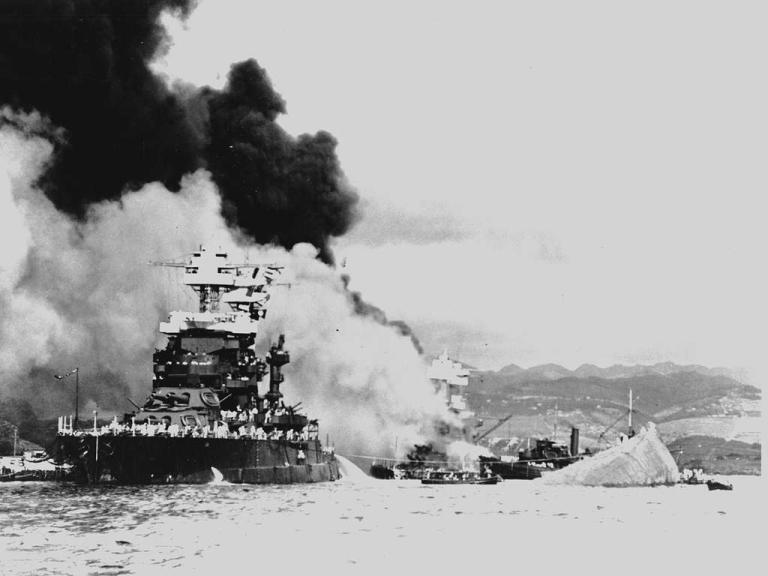
As Ukrainians bravely defended their country from the Russian invasion, I’m not aware of any Americans of any faction–conservative, neo-conservative, liberal, progressive, Democrat or Republican–that wants the United States to get into a war with Russia.
Maybe there is someone, but I haven’t heard about it. Opinions vary, with most people appalled at Putin’s actions but some defending them, some blaming Biden and some blaming Trump, some wanting to impose harsh sanctions against Russia and pour military aid to the Ukrainian resistance, and some saying that they don’t care what happen to Ukraine. Some Americans are strict isolationists, holding to George Washington’s admonition that we should avoid all “foreign entanglements.”
I understand all of that. These are legitimate positions for consideration and debate. But I want to ask a different question: What if we are attacked? That is to say, what if our American troops in Europe, such as those stationed in the Baltic Republics, are bombed or fired upon by the Russians?
We could argue about whether our troops should be in Europe, or whether putting them into harm’s way in the Baltics was foolish, or that we shouldn’t be in NATO. But, nevertheless, that is where they are. What if they are attacked? Shouldn’t they defend themselves? If American soldiers are killed, should our forces be immediately withdrawn? Or should America go to war?
We tend to frame our discussions in terms of what choices the United States should make, looking at war as a matter of our volition or our initiative. But sometimes we don’t choose war; war chooses us.
In the 1940s, as war broke out in Europe and in Asia, most Americans, arguably, were isolationists. We wanted no part in those foreign wars, which didn’t concern us anyway. We disapproved of Hitler’s aggression and the Japanese invasion of China, to the point of imposing sanctions and sending aid to the nations resisting aggression. But most Americans and our leaders in both parties wanted to stay out of it.
But then the Japanese bombed Pearl Harbor, destroying much of our fleet and killing thousands of our sailors. The next day, Congress passed a Declaration of War against the Empire of Japan. The Senate approved the resolution unanimously. The House voted for the resolution with only one vote in opposition, from Montana Republican Jeannette Rankin, a committed pacifist.
And then, Germany declared war on us.
The isolationists, for the most part, threw themselves into the war effort and supported World War II. After all, we didn’t go overseas looking for a fight. The fight came to us.
Would the same thing happen today, if Russia fires on our troops? True, the attack would not be against American soil. In 1942, Hawaii was not yet a state, just a territory, so it was technically American soil. But what outraged Americans of all political persuasions was the killing of some 2,400 Americans, a toll that is easily conceivable in a modern attack against NATO forces.
Even if we oppose a war, a war could happen!
This is why I say that, whatever our views on the matter, we need to steel ourselves for the possibility.
Photo: Pearl Harbor Attack (Battleship Maryland, left; capsized Battleship Oklahoma, right) via Picryl, Public Domain.













